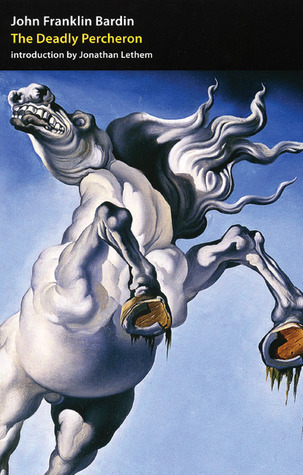Here's Bach's Cello Suite.

This is a thorough yet engaging biography of the man who might have been, but never was the leader of the Soviet Union.
I
have heard pro-communists say that Communism would have worked under
Trotsky and the Soviet Union would have achieved its Marxist goals if
the crazy, paranoid Stalin hadn't made it to power.
Those people
should read this book. Trotsky was every bit as ruthless and inhumane in
his tactics in his tireless efforts to create a "Communist Utopia" as
Stalin was. The difference was Stalin had more people on his side.
What
fascinated me was Service's description of Trotsky's single-mindedness.
His entire life was consumed in making a Soviet. He had no conscience
about destroying a country, including starving out the people he claimed
to be fighting for.
He wanted liberty from the aristocracy, but he did not want anyone to have freedom from him.
Due to his general lack of diplomacy, he succeeded in alienating even those who might have sided with him.
While
in Mexico there were many artists and poets and philosophers from
Europe, Mexico, and America who saw what they wanted to see in him and
made him a poster boy for their cause.
These people were
not enough to get him into power, primarily because they were armchair
socialists, more concerned with mimicking the fashionable prattle of the
day about socialism than actually doing anything to undermine their
personal wealth.
Frida Kahlo became quickly bored with him, as
she did with all her lovers, and she and her husband Diego Rivera, never
practiced what they preached. They were contemporary virtue signalers.
In
America H.L. Mencken wanted to donate much of his library to Trotsky,
something Trotsky wasn't interested in. Other supporters were John
Dewey, (of the decimal system fame, not to mention doing his best to
integrate Marxist values into the American educational system-do you
wonder why our young people voted for Bernie Sanders?)
In the
end, Stalin got him, but I don't know if Trotsky cared. He was slowly
disintegrating, bit by bit, anyway. I think the end, as gruesome as it
was (why a pick ax, for peter's sake?) must have come as a relief.
I've been preparing a slide show for my mother's memorial service. This is a favorite. A young mother trying to keep track of her three children. I'm the oldest.









